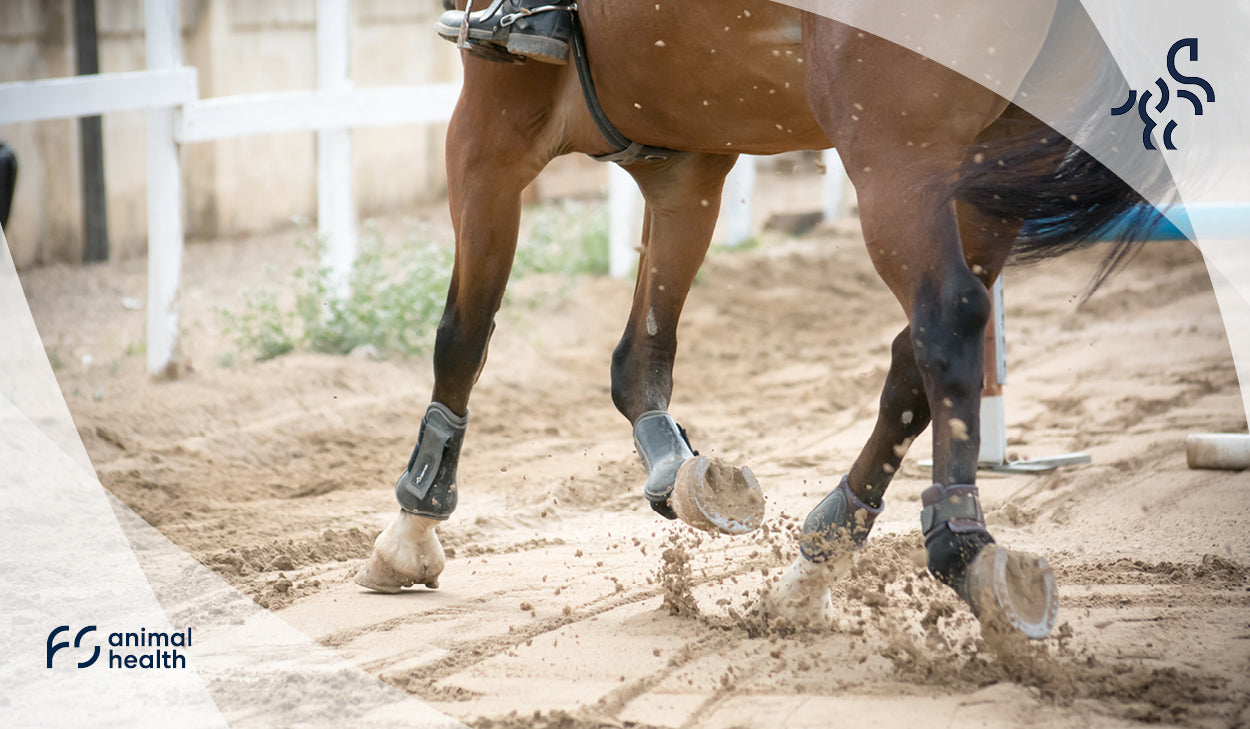Respiratory diseases in horses are very common and can be caused by various reasons. Both bacterial, viral and non-infectious triggers, such as environmental allergens, can cause these respiratory diseases.
Infectious respiratory diseases and their effects on horses:
When it comes to infectious respiratory diseases, horses of all ages can suffer from bacterial or viral infections. These infectious diseases can be particularly dangerous for young or old animals whose immune systems are not fully intact. Horses that are suffering from stress are also particularly at risk.
The performance of your sport or leisure horse can be severely or even permanently impaired by pathogens such as Streptococcus Equi. Furthermore, serious infections such as equine herpesvirus and equine influenza are often found in large stables or in younger horses.
Symptoms of non-infectious respiratory diseases in horses:
Non-infectious respiratory diseases can often present with symptoms that closely resemble infectious diseases, so a veterinarian's diagnosis at the first signs is crucial. Signs may include coughing, nasal discharge and/or an increased respiratory rate. Infectious respiratory disease is a condition that usually affects younger horses more often. In older animals, however, RAO (recurrent airway obstruction) or asthma is more commonly seen.
According to the Royal Veterinary College London, RAO and asthma are the most common non-infectious respiratory diseases in horses. Both diseases are allergic diseases in which the lower respiratory tract reacts to airborne allergens such as mold and/or fungi in general. It is very important that these allergens are significantly reduced by using suitable hay steamers.



